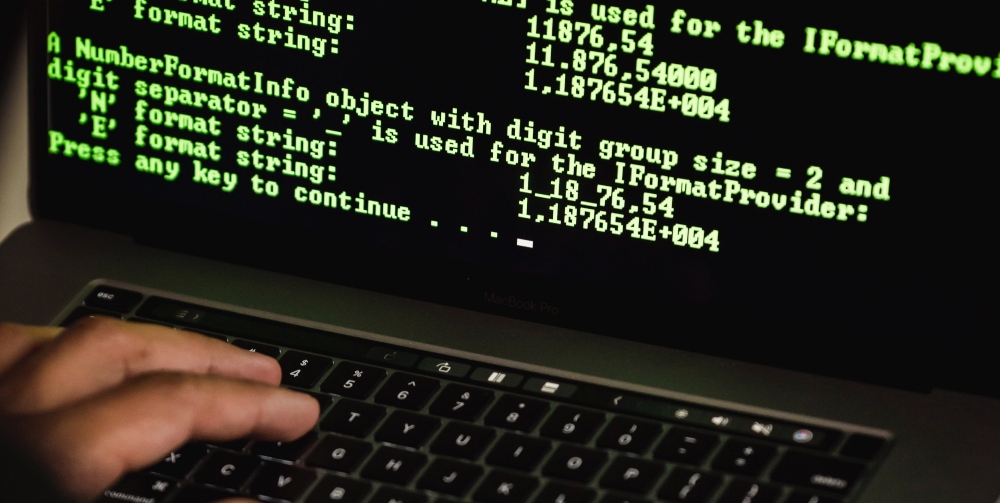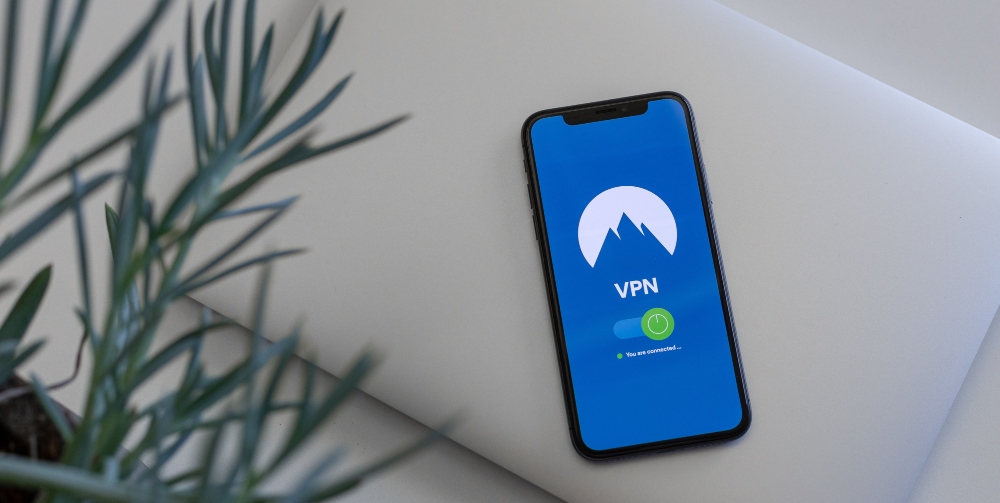
What Is Doxxing and What to Do If You’ve Been Doxxed
All
With the amount of information now living online, it’s not hard to see why so many people are falling victim to doxxing.
What’s more, platforms such as social media have made this issue much worse, as what can start as an online dispute, is blown totally out of proportion.
The effects of doxing can permanently stain someone’s reputation and can have huge effects on both their personal and professional lives.
The most worrying thing is, doxxing is now a widespread problem and the increase of online activity is making the problem worse.
Whilst we’ve also seen headlines about ransomware, viruses, and phishing scams frightening computer users all over the world, you might be less familiar with this emerging cyber threat.
You might actually know someone who this has happened to without being aware that it was called ‘doxxing’ or what it involved.
Well stay with us because that’s what we’re exploring in this post. We’ll also be telling you what to do if you’ve been doxxed with a clear step-by-step plan.
Whilst you can never fully protect yourself online (cybercriminals will always be able to find some of your details held on public files) there are things you can do to prevent it.
So let’s get started.
What Is Doxxing?
The term ‘doxxing’ is tech-speak for ‘dropping documents’, which makes sense really as this is exactly what cybercriminals do.
They ‘drop’ important documents that contain sensitive information and use this against individuals for their own gain.
As mentioned in the intro, this can deeply threaten personal lives, careers, and safety.
The motivation behind these attacks vary on a case-by-case basis but they are usually fuelled by politics, profit, or personal grudges.
To make matters worse, doxxing is usually accompanied by allegations against an individual designed to cause public humiliation and condemnation. It’s because of this that someone’s reputation can be permanently damaged, and the effects can be hard to reverse.
In this digital age where the majority of society are active online, disputes over the internet are becoming more common. That’s because it’s easier to argue or confront people online as you don’t have to deal with the consequences face-to-face.
However, this can quickly escalate as it’s all too easy for people to steal your data (such as images and personal information) and distribute this to the world.

Doxxing Key Findings
To demonstrate how much of an issue doxxing has become, we’ve pulled together some key findings.
These statistics reflect how many people doxxing effects and is proof that this issue is continuing to worsen.
- Doxxing is a widespread issue. In fact 21% of Americans (which is over 43 million) have personally experienced doxxing.
- Doxxing can be personal. Despite the fact that more than half (52%) of doxxing attacks stem from online interactions with complete strangers, almost 1-in-4 perpetrators are personally known to the targets.
- Doxxing is a very serious problem as it usually leads to online shaming and harassment. However, it can also result in criminal conduct or consequences affecting employment.
- Lots of remedies aren’t trusted. As these types of attacks are usually anonymous, doxxing targets are often left without recourse and many people don’t even report attacks to authorities.
We should also note that doxxing is not a ‘new thing’ as it actually originated in the 1990s.
However, thanks to the rise of the internet and more importantly social media, it is becoming more prevalent and is affecting more people than ever before.
Social media is a fantastic tool for both individuals and for businesses, but it is a double edged sword.
Whilst it brings people closer together, it can also lead to lots of disputes that result in people maliciously publishing personal information.
What Are Doxxing Methods?
Because so much of our information now lives online, it’s easier than ever for people to use this information against us.
Below are some of the doxxing methods that cyber criminals use:
Tracking usernames
A lot of people make the mistake of using the same passwords across various systems. This is very dangerous as it allows cybercriminals to get inside of the mind of the victim by seeing how they spend their time online.
Phishing
If an individual is victim to a phishing scam or uses an insecure email address, the cybercriminal can find sensitive emails and post them online.
Sifting through government records
Whilst most of your personal information cannot be found online, cyber criminals can usually obtain this information through a government system. Some of these examples include marriage licenses, voter registration logs, and business licenses.
Tracking IP addresses
Cyber criminals use a range of methods to discover your IP address which is linked to your physical location. Once they know it, they can then use social engineering tricks on your internet service provider (ISP) to discover more information about you. For example, they can file complaints about the owner of the IP address or attempt to hack into the network.

How to Prevent Doxxing
As noted, you can never fully protect yourself against doxxing as unfortunately lots of your information is publicly available.
If it falls into the wrong hands, it can be misconstrued and twisted, and then used against you.
However there is some hope! There are lots of ways you can prevent doxxing which we have outlined below.
Protect your iP address by using a VPN
A VPN or a virtual private network as it is also known allows you to browse the internet safely.
A VPN works by taking the user’s internet traffic, encrypting it, and sending it through one of the service’s servers before heading out to the public internet so that you can continue to browse anonymously.
Use strong passwords
You’ve probably heard this a thousand times, by using a strong password is one of the best (and easiest) ways of protecting yourself online.
By using a combination of uppercase and lowercase letters, and numbers and symbols, you’re making it very difficult for cybercriminals to guess your login details and steal your information.
Another thing to remember is never use the same password for multiple accounts, as if a hacker guesses your password for one application, they will gain access to all.
You should also make sure you change your passwords on a regular basis.
Use multi-factor authentication
By using multi-factor authentication it means you need two pieces of identification to log onto your website.
As a result, this makes it more difficult for cyber criminals to gain access to your accounts as even if they make it through the first phase, they will then have the second phase to break through.
Multi-factor authentication usually involves your password and your phone number which is much stronger than just having your password alone.
Be wary of phishing scams
Be careful when it comes to phishing scams as some of these can look very believable, and as a result, you can be tricked into sharing personal information. This includes your home address and even some of your passwords.
Remember that banks will never ask for your personal information, so be wary if you receive a message from a company posing as a bank.
Request Google to remove your personal information
If any of your personal information lives in Google you can request for it to be removed.
Whilst this might sound complicated it’s actually a very easy process as all you need to do is fill out a form and submit it.
Avoid revealing different types of information
When you’re in public, it can be easy to reveal personal information without realising who’s listening.
For example, when you’re making a purchase in a shop or opening a new account. However, you should avoid disclosing information where possible as you don’t know who is listening and taking note of this information to use against you later.

What to Do If You’ve Been Doxxed
If you’re a victim of doxxing, then you will naturally feel very vulnerable and fearful.
After all, doxxing is intentionally designed to violate your sense of security so it’s important you know what steps to follow if you’ve been doxxed.
Report it
The first step is to report the attack to the platform (s) on which your personal information has been shared. If you’re unsure how to do this, start by looking for their terms of service on their website to find out what the reporting process is.
Involve the law
If any threats are made against you, make sure you report these to the police. Especially if there is any information relating to your home address of financial information as this could pose a serious threat.
Document it
You want proof that you have been doxxed so take screenshots of the information which has been shared. Also make sure the date and the URL are both visible as this will help law enforcement with their investigation.
Lock down your accounts
As soon as you have been doxxed you need to strengthen your online networks to prevent further breaches. This involves changing all of your passwords and enabling multi-factor authentication to make it more difficult for cyber criminals.
What Is Doxxing and What to Do If You’ve Been Doxxed
Hopefully after reading this post, you can answer the question ‘what is doxxing’ and you have a better understanding of what to do if you’ve been doxxed.
Unfortunately this is an increasingly common cyber security problem, and one that is not going to go away any time soon.
Due to the fact we live in a digital world with lots of our personal information floating across the internet, it’s easier than ever for cybercriminals to take advantage of it. Whether that’s through government records, scouring social media, or through phishing scams, there are multiple ways they can find a victim’s personal information.
Whilst you can’t prevent doxxing entirely, you can strengthen your online security to make it more difficult for doxxers to search, collect, and share your information. Using the methods outlined above, you can prevent doxxing from happening, and protect yourself from cybercriminals.
At TLR, protecting you against cyber crime is our priority. We want to help and educate users about the best cyber security practices so that they always stay one step ahead. We also provide a range of security solutions that help you remain cyber offensive against online threats to give you complete peace of mind.
To find out more, simply get in touch with our friendly team.


